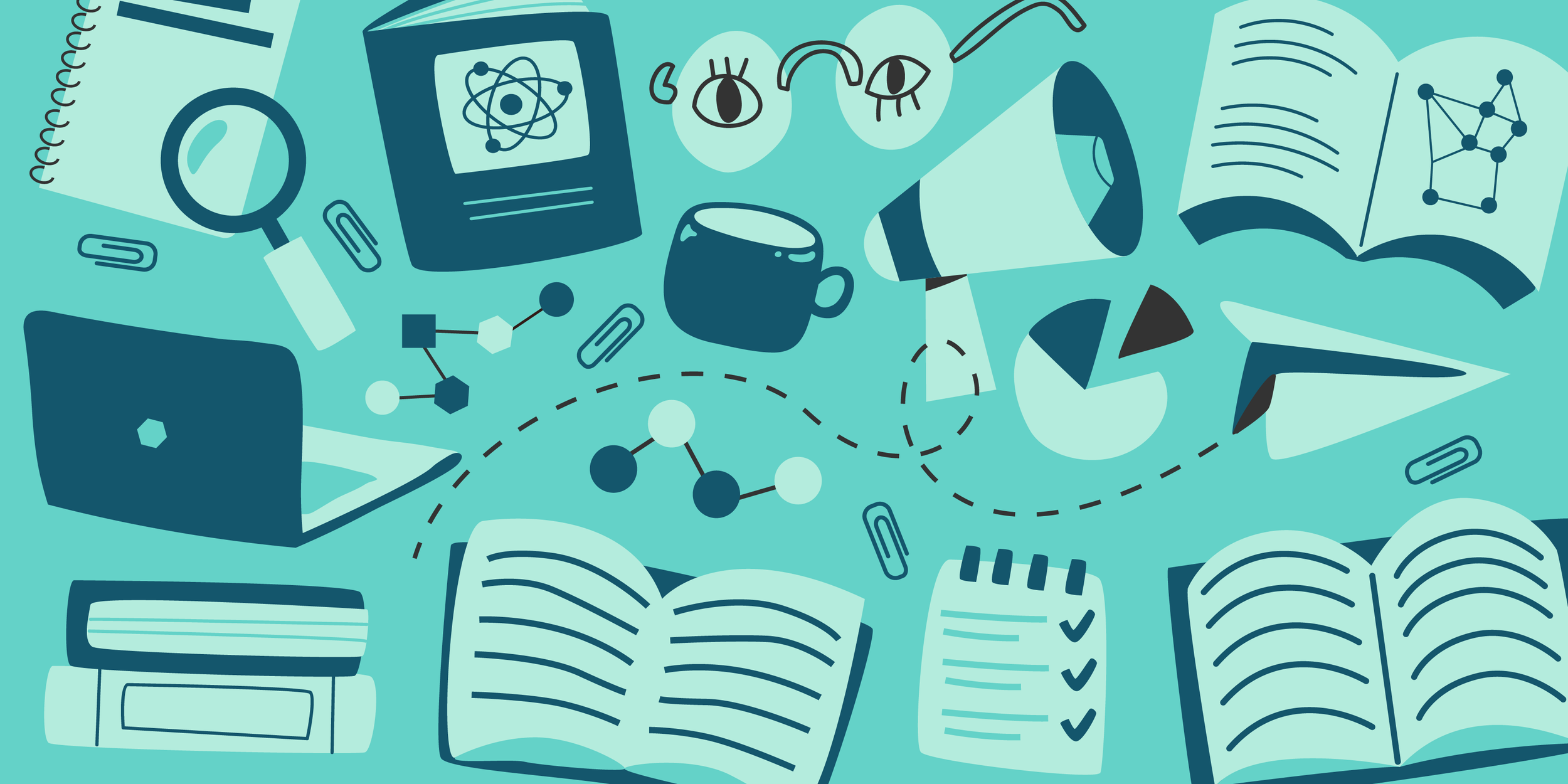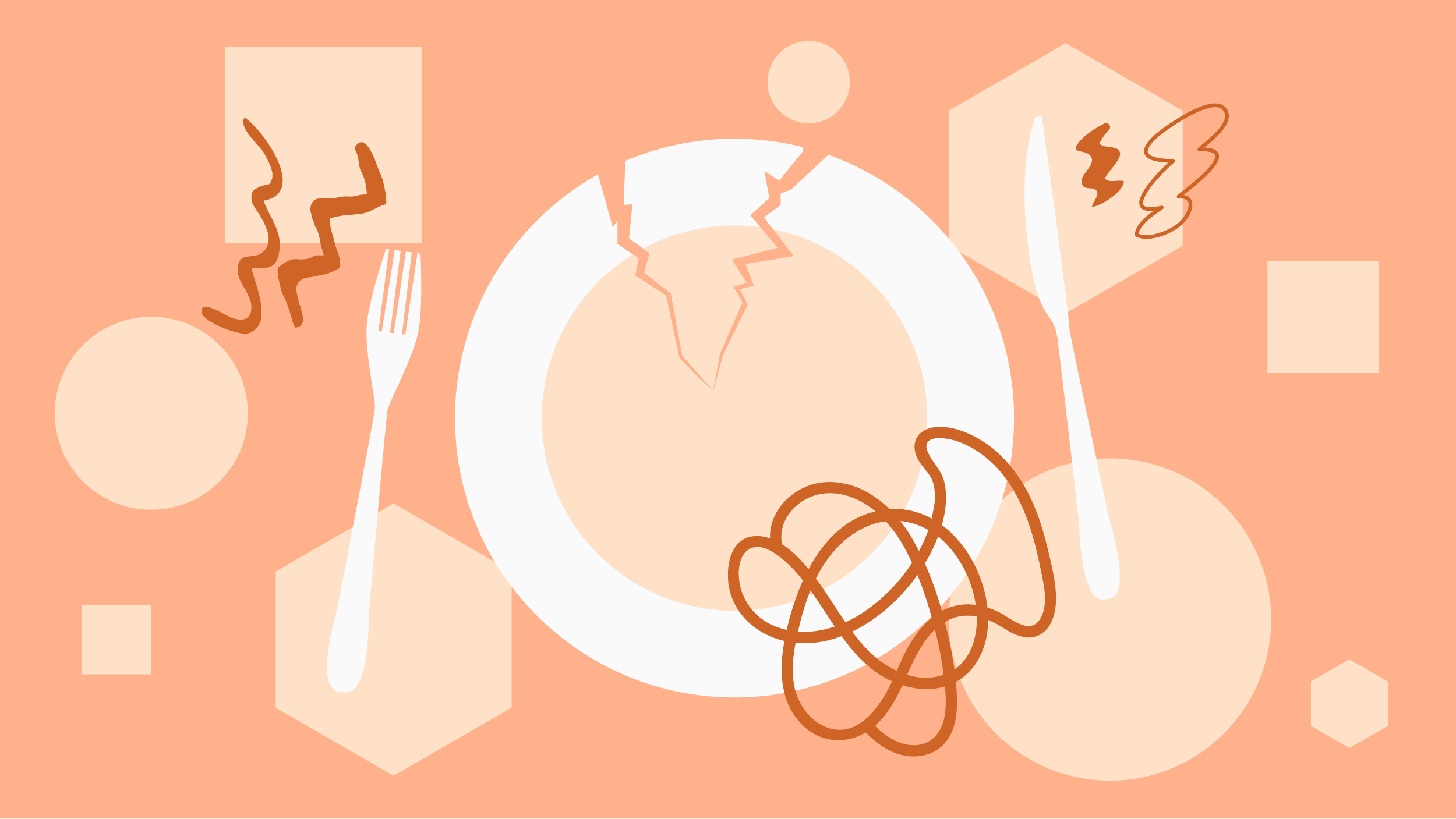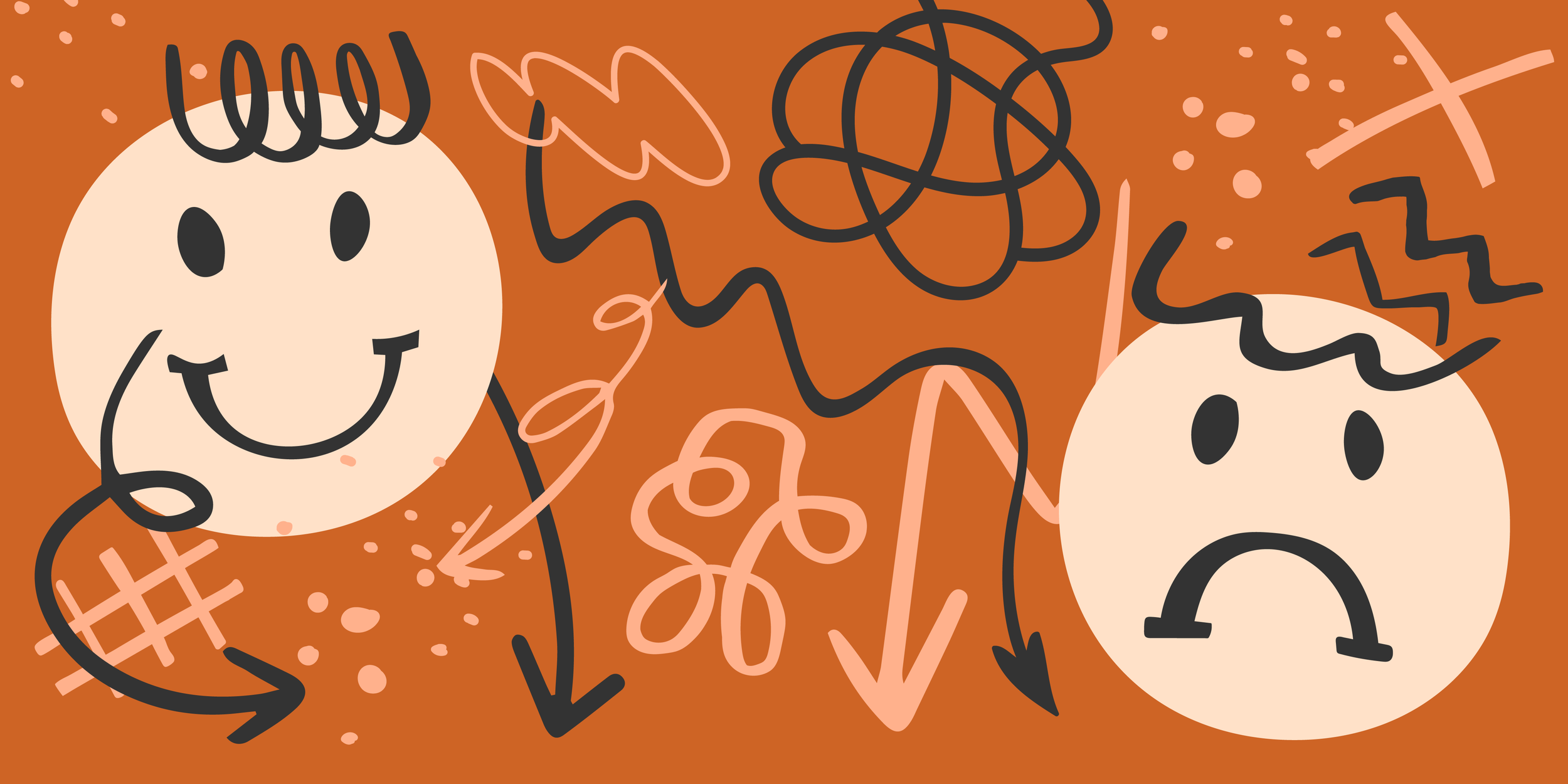Dive into a collection of articles that amplify neurodivergent voices, support a more thorough understanding of neurodiversity, and challenge common misconceptions.
Month
- February 2026
- January 2026
- December 2025
- November 2025
- October 2025
- September 2025
- August 2025
- July 2025
- June 2025
- May 2025
- April 2025
- March 2025
- February 2025
- January 2025
- December 2024
- November 2024
- October 2024
- September 2024
- August 2024
- July 2024
- June 2024
- May 2024
- April 2024
- March 2024
- February 2024
- January 2024
- December 2023
- November 2023
- October 2023
- September 2023
- August 2023
- July 2023
- June 2023
- May 2023
- April 2023
- March 2023
- February 2023
- January 2023
- December 2022
Author
- Abs S. Ashley
- Adam Fare
- Aimee Fletcher
- Aisling Sheehy
- Andreia Costa
- Ann Memmott
- Antonia Aluko
- Bethan Warner
- Beverley Samways
- Brendan Maguire
- Callum Stephen Howes
- Cassandra Lovelock
- Charli Clement
- Chloe Webster-Harris
- Claire
- Cos Michael
- Darren O'Reilly
- Dr Catherine Crompton
- Dr Virginia Carter Leno
- El Dewar
- Elise Guthrie Stirling
- Emily Wooden
- Emily Lees
- Emily Katy
- Emma
- Emma Nielson
- Grace Lee
- Harriet Axbey
- Hat Porter
- Helen Edgar
- Iqra Babar
- Jill Corbyn
- Kai Schweizer
- Katrine Callander
- Kay Louise Aldred
- Krysia Waldock
- Kyra Thompson
- Lizzie Smith
- Lou Chandler
- Lucy Gilbert
- Meena Kumari
- Molly Anderton
- Molly Siobhan Parker
- Nick Ransom
- Reesha Zahir
- Remie Colledge
- Rhiannon Williams
- Rod Landman
- Rose Matthews
- Sarah Douglas
- Sarah Boon
- Sascha Bellamy
- Sophie Broadgate
- Stop Oxevision
- Thomas Barnett
- Tina
- Trauma Geek
- Victoria Denham
- Warda Farah
- Zoë Austin

Autism, ADHD, Dyspraxia and Learning Disability Research—What’s New in June
In this month’s research roundup, Ann Memmott explores a wider array of research, showcasing and reflecting upon some of the latest papers on Autism, ADHD, Dyspraxia and Learning Disability.

An Autistic journey of Anorexia recovery
In recognition of Eating Disorder Awareness Week 2025, Molly Anderton, NdC Lived Experience Advisor and Development Lead, shares a deeply personal account of how her experience of being a late diagnosed Autistic adult has impacted and informed her recovery from Anorexia.

Supporting an Autistic loved one with an eating disorder
Emma shares their lived experience perspective on how families and loved ones of autistic individuals with eating disorders can navigate the complexities of offering support.

Tips from the NdC team for managing the festive season
NdC Team Member Molly Anderton assesses the challenges of the festive season, and has compiled a list of tips from other members of the NdC team for managing these difficulties—including eating, routine, social expectations and sensory overwhelm.

4Q4: Dr Virginia Carter Leno on disordered eating, Autism and ADHD
Four questions for Dr Virginia Carter Leno, fellow at the Centre for Brain and Cognitive Development, Birkbeck, University of London, and co-author of a new research paper (published in The Lancet Psychiatry journal) that investigates the research priorities of autistic people and people with ADHD who have lived experience of disordered eating.

Autism Research—What’s New in July
This research roundup picks out some of the current big debates on autistic lives, and showcases new and important research from teams and academics working within the field.

Moving beyond the mirror: the disconnect between eating disorder treatment and the needs of dysphoric Trans people
Kai Schweizer examines how mainstream eating disorder treatments (such as ‘mirror exposure therapy’) elide the Trans experience of gender dysphoria in their pursuit of ‘radical body acceptance’, causing harm to and invalidating the experiences of Trans people with eating disorders.

Eating Disorders and AuDHD
Up until about 4 years ago, I had so many questions about my eating disorder. Why did I go from a seemingly happy 11-year-old to a seriously unwell 12-year-old?
- ABA
- abuse
- accessible
- ADHD
- adults
- advocacy
- affirming
- aging
- assessment
- autism
- autistic parents
- black autistic
- building design
- burnout
- childhood
- children
- co production
- coercive control
- communication
- community
- culture
- depression
- Designing Homes for Sensory Differences Summit 2024
- diagnosis
- disability
- dyslexia
- eating disorders
- education
- empathy
- employment
- environment
- ethics
- executive functioning
- family
- friendships
- GCC Summit 2023
- gender
- grooming
- guidance
- health
- healthcare
- holiday
- housing
- human rights
- identity
- inclusion
- inpatient
- intersectionality
- joy
- language
- late diagnosed
- learning disability
- LGBTQIA+
- lived experience
- masking
- medicalisation
- meltdown
- mental health
- monotropism
- mothers
- nervous system
- newly diagnosed
- NHS
- OCD
- online
- pain
- parents
- PBS
- peer support
- play
- psychiatric care
- quality of life
- race
- racism
- reasonable adjustments
- relationships
- research
- resources
- routine
- school
- self diagnosis
- self regulation
- sensory environment
- sensory overwhelm
- sensory processing
- services
- sexism
- special interests
- spirituality
- stimming
- stress
- suicide
- support
- therapy
- training
- trauma
- trauma-informed
- women
- workplace
- young people
Got something to say?
We commission blogs from neurodivergent writers. We are particularly keen to hear from people of colour, older people, and non-speaking members of our community. Help us in our mission to amplify the views and voices that are most often left unseen and unheard.


